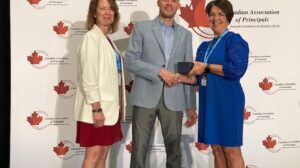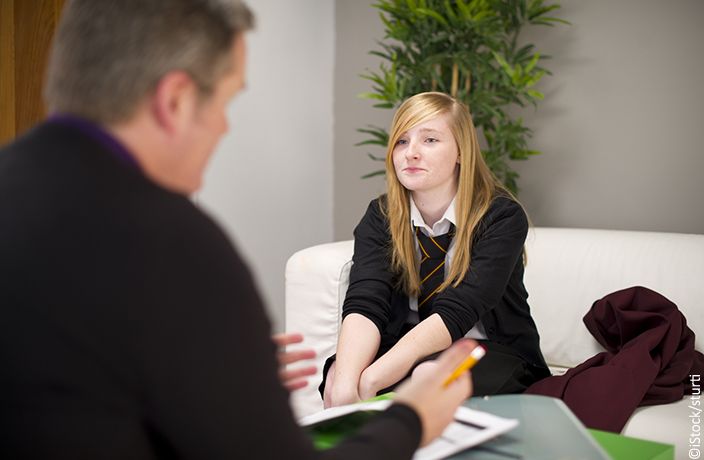By: Austin Nunn, Courtesy of the Lethbridge Herald
Published March 4, 2019
I as reflect back on my educational experience, I can recall a number of teachers and others in the school system who took an interest in seeing me grow and develop into a successful person, teachers who reached out and became my personal champion. Teachers like Ms. Young, my Grade 4 teacher, and Mr. Marks, my coach and high school social studies teacher, and many other school staff members, including school counsellors, who devoted their time and energy to ensure that I had every opportunity to reach my full potential.
Recently Westwind School Division hosted a professional development event for all of our teaching staff. We were honoured to welcome Dr. Martin Brokenleg, the co-author of the book “Reclaiming Youth at Risk: Our Hope of the Future,” and a renowned speaker, educator and advocate who provides insight and training worldwide for individuals who work with youth at risk focusing on the effect of intergenerational trauma.
Dr. Brokenleg spoke to our staff about understanding the circle of courage; focusing on belonging, mastery, independence and generosity. The ideas that he articulated are often expressed as “it takes a village to raise a child” and we take very seriously our role of working in a partnership with parents as they encounter the challenges of raising children in today’s world.
Schools function with the same “it takes a village” mentality. Included in this village setting are students, parents, school teachers, administrators and school support staff. An integral part of that support staff are our school counsellors. The role of a school counsellor has taken on a new level of complexity in recent years as our youth deal with intergenerational trauma, addictions, mental wellness and other complicated issues. The high levels of student anxiety, depression and lack of connection mean that the skills of the support staff within our village must be constantly expanding to meet the needs of an ever-changing demographic of children. The main role of our Family School Liaison counsellors is to support students through their school journey in developing mental health and well-being strategies that will benefit them for the rest of their lives.
In early February we observed Canadian School Counselling Week, which recognizes the contributions of the school counselling profession to the personal, social, academic and career development, as well as supporting the positive mental health and well-being of all students in Canada. While speaking to our Westwind staff, Dr. Brokenleg emphasized that “every child deserves to have at least one adult who is absolutely crazy about them.” For some of our students, this adult is a school counsellor.
We would like to publicly recognize the valuable contribution of our school counsellors to the building of the foundation of a successful student. We thank them for the countless hours and sleepless nights they put in for not only our students but students everywhere. Please take a few minutes today to thank these often-behind-the-scene partners in education and for their impactful and positive contribution to our children’s futures.
Austin Nunn is an Assistant Superintendent with Westwind School Division
“Psychiatric issues often land people in crisis and, when they’re not at their best, it’s really hard for them to communicate what they need or what’s going to be helpful,” said Keli Anderson, CEO of the charity, Family Smart, which helps families navigate the mental health system.
The medical tags can include information about a condition the wearer has, medication they are taking or offer specific details like, “I have anxiety and panic attacks. Please speak to me in a calm voice,” or “I need space. Do not crowd me.”
The pilot project is operating out of B.C. Children’s Hospital, in partnership with Family Smart and MedicAlert.
- The hope is to test out the bracelets on roughly 100 children and teens to see how the program can be expanded to other mental health agencies across the country.
‘Things can go wrong really fast’
Last year, the service was made available for children with autism. MedicAlert bracelets have also been used by seniors with Alzheimer’s, dementia or brain injuries in cities across Canada.
‘Things can go wrong really fast’
Anderson’s son, who is now 30, has bipolar disorder. She said having a medical bracelet would have really helped him while growing up.
As just one example, getting close to someone who is panicking may be comforting for some people. But for others, like her son, it can make the situation much worse.










